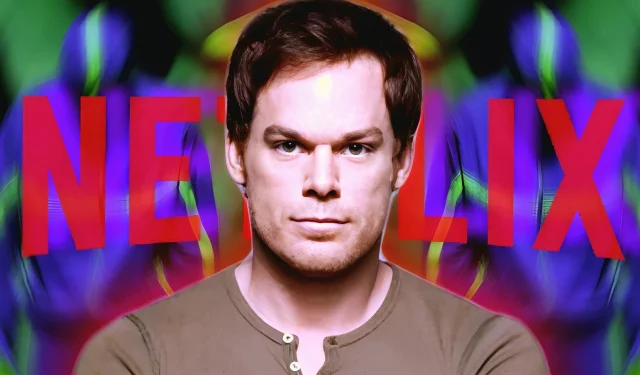
A recently launched Netflix series has sparked discussion among fans of the iconic Dexter franchise, as it appears to replicate a significant storyline from the original Showtime series. Dexter, which is rooted in Jeff Lindsay’s 2004 novel Darkly Dreaming Dexter, has evolved into a rich universe filled with multiple seasons and adaptations. Since its debut in 2006, the original show has generated prequels and sequels, yet its first few seasons remain the benchmark for compelling storytelling in the crime thriller genre.
The show’s initial success is often attributed to its sharp writing, but it’s Michael C. Hall’s nuanced performance as Dexter Morgan—the embodiment of moral conflict and complexity—that truly set the series apart. While it is clear that no other show can fully capture the essence of Dexter, a new Netflix project intriguingly borrows from its narrative and adds its unique flair. This timing aligns intriguingly with the launch of a new story arc within the Dexter franchise.
The Flamethrower Killer of 1992: Parallels with Dexter Morgan
Childhood Trauma: Ties That Bind

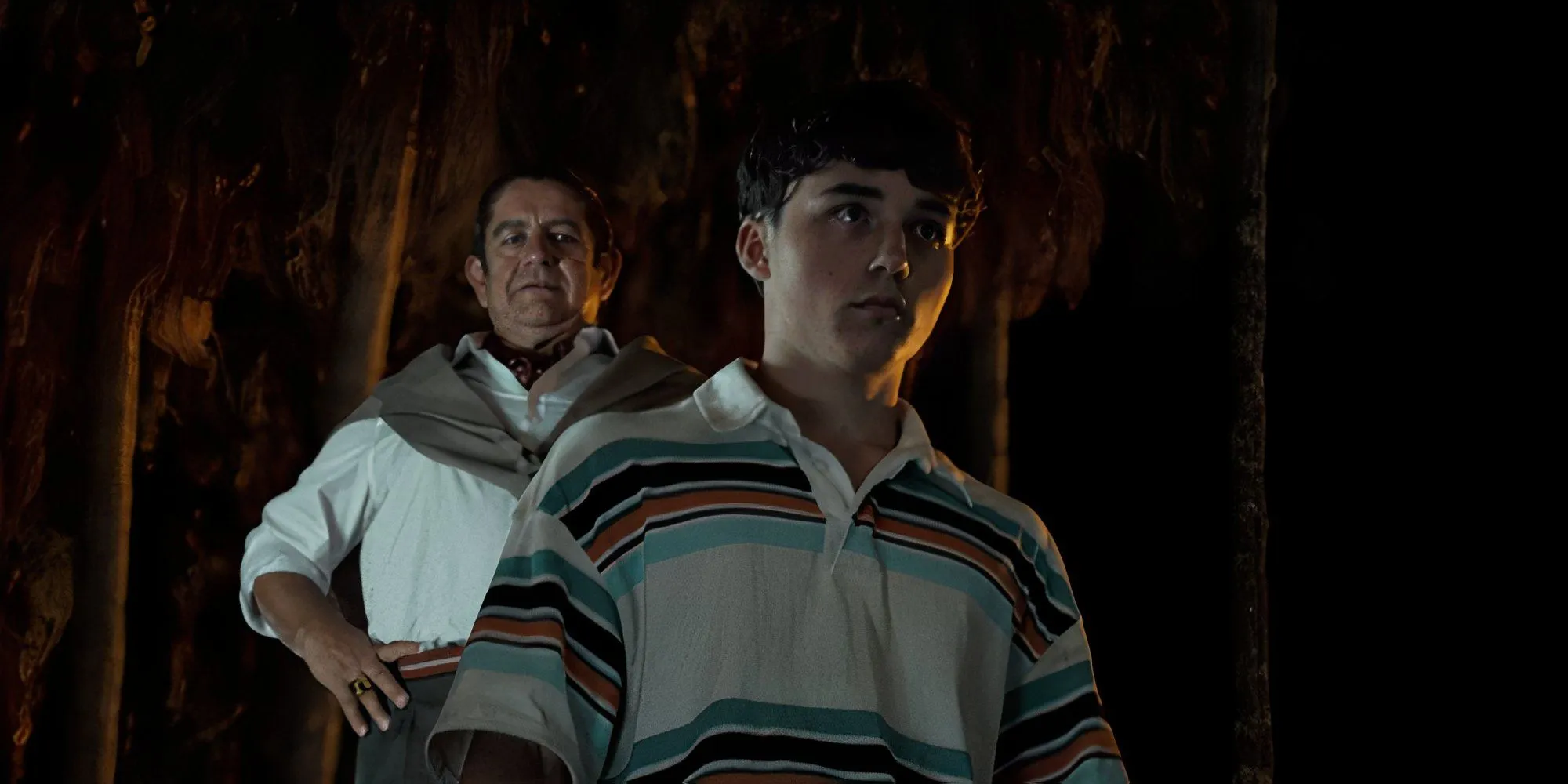
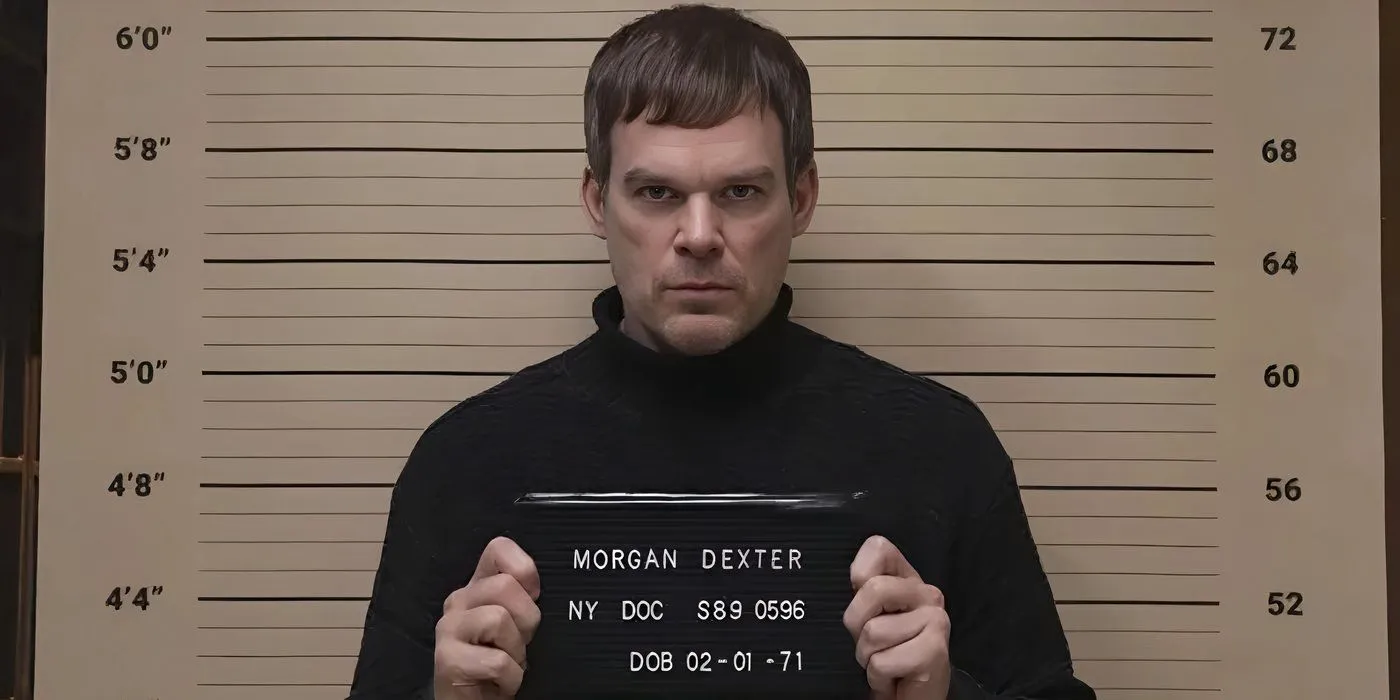
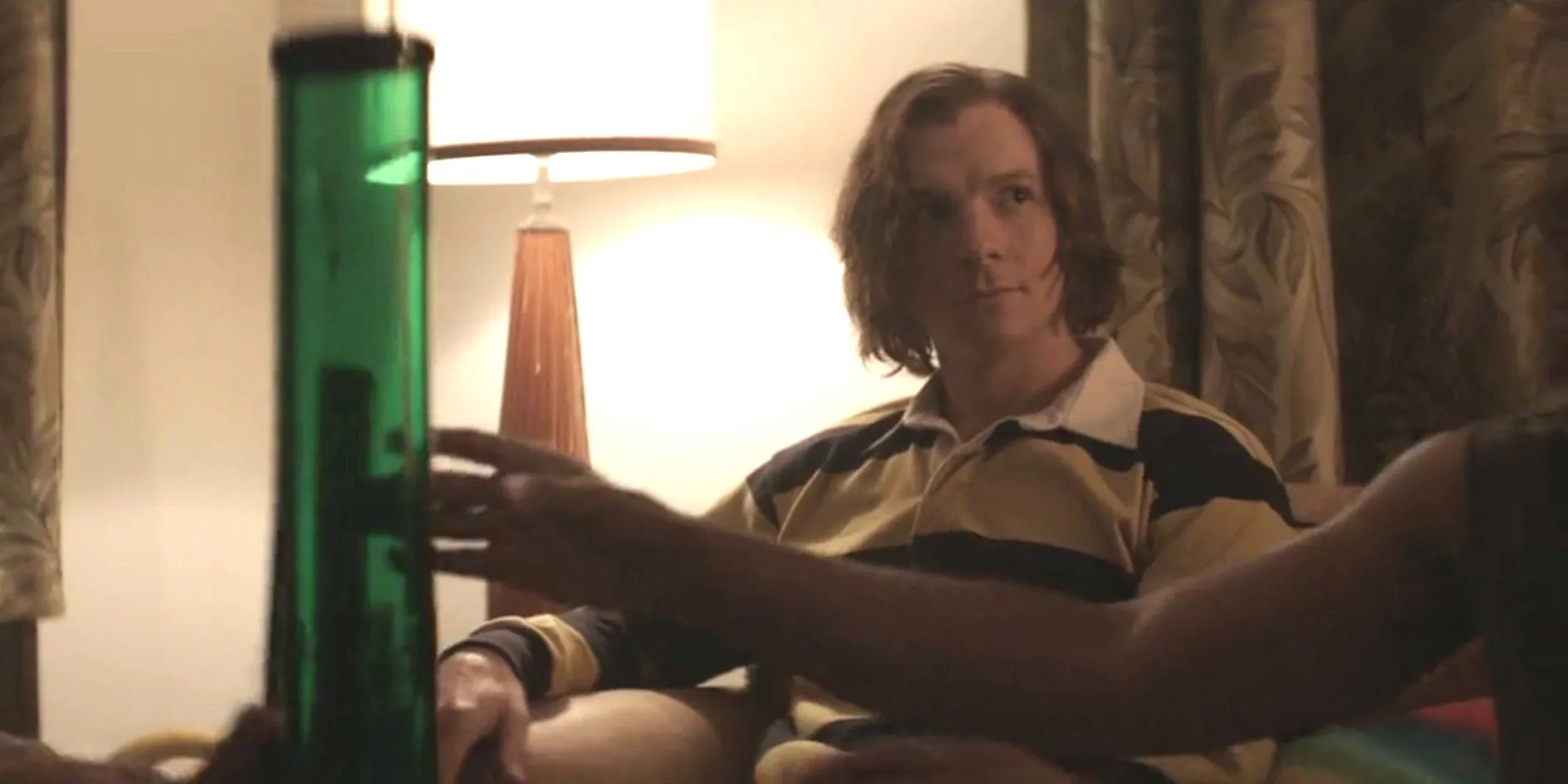
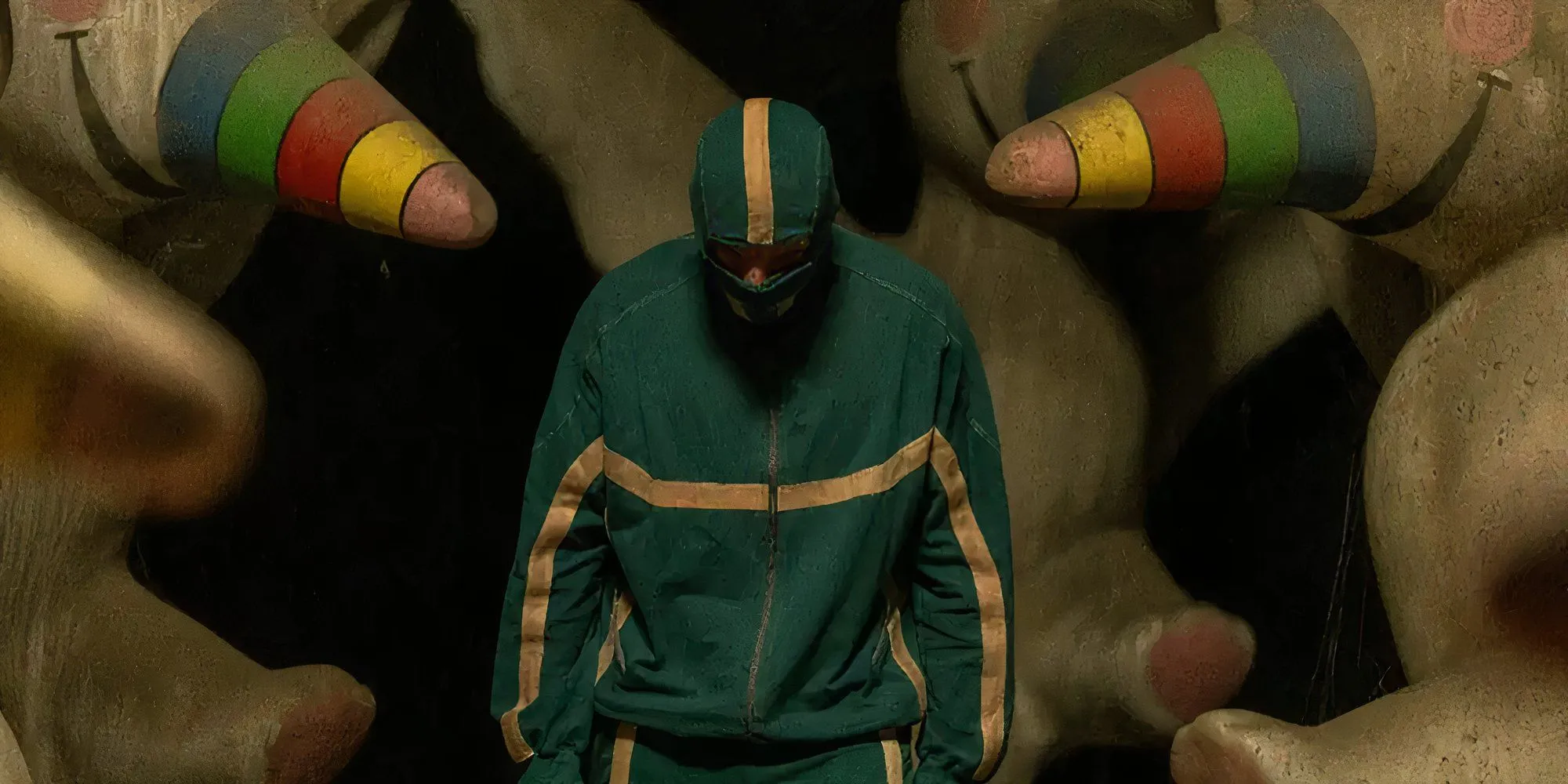
Netflix’s latest offering, set in 1992, introduces the character of Victor, known as the Flamethrower Killer. Victor’s chilling moniker comes from his choice of weapon: a flamethrower, which he employs to eliminate his victims. While his methods may appear more theatrical and less calculated than those of Dexter Morgan, compelling similarities exist in their backstories. Both characters are shaped by their traumatic childhoods—Victor witnessed the brutal murder of his mother, a pivotal moment that ignited his violent tendencies.
In a symbolically striking parallel, Dexter collects blood slides from his victims due to his association with the blood of his mother at her death, while Victor utilizes fire to harm because of his experience of seeing his mother burn. Furthermore, Victor leaves behind a Curro mascot figurine alongside his victims, linking it to the trauma surrounding his mother’s death.
Distinctively, while Dexter blends seamlessly into society, maintaining an unassuming facade, Victor is marked by his physical scars, which serve as constant reminders of his past. This doesn’t deter him from masquerading as an ordinary individual to execute his sinister plans. Though he lacks the law enforcement background that Dexter possesses, Victor similarly rationalizes his killings as a twisted quest for justice.
Understanding the Killer’s Nature: Fernando Victoria’s Role
Guiding Figures: Similarities and Contrasts
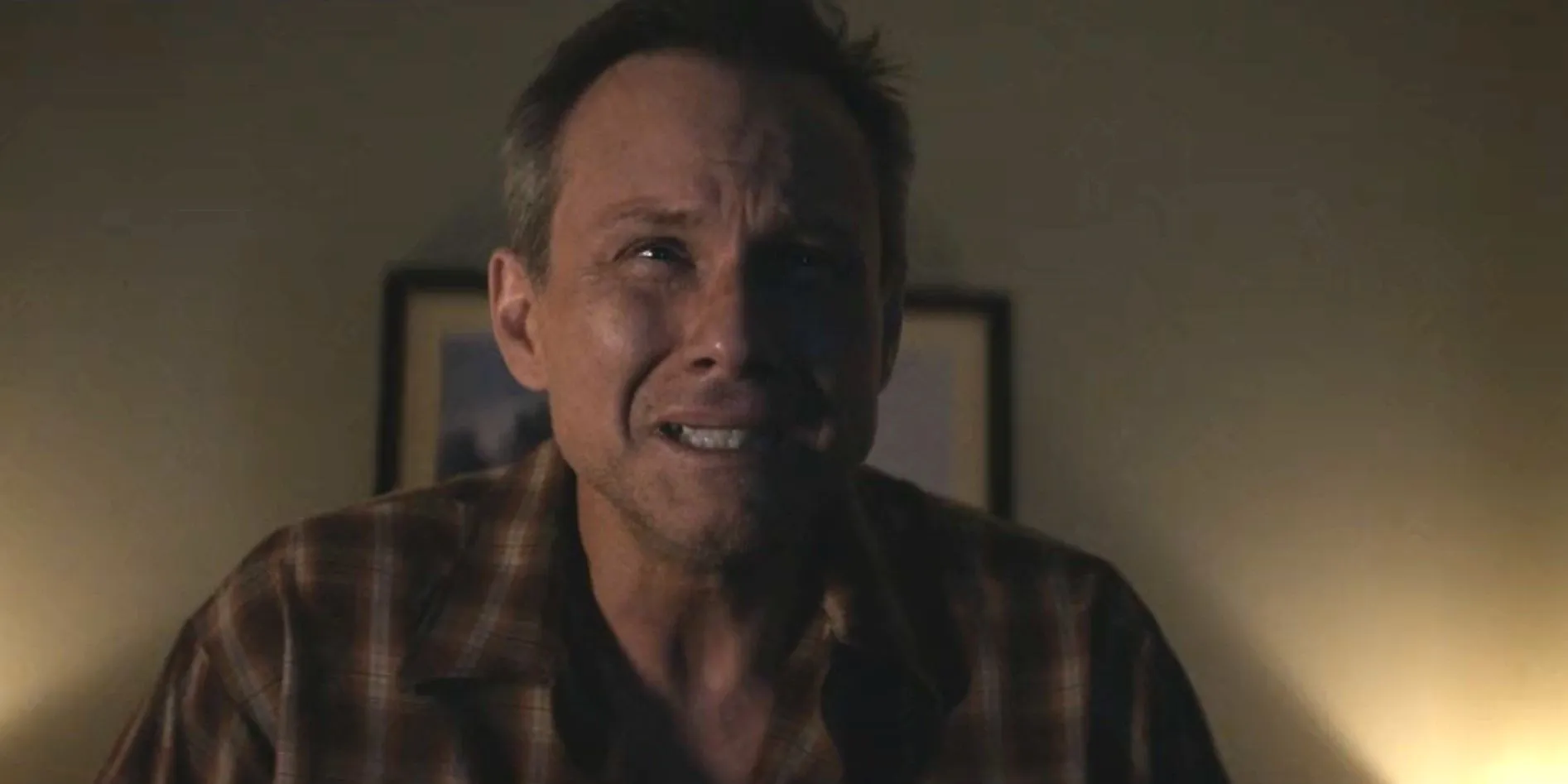
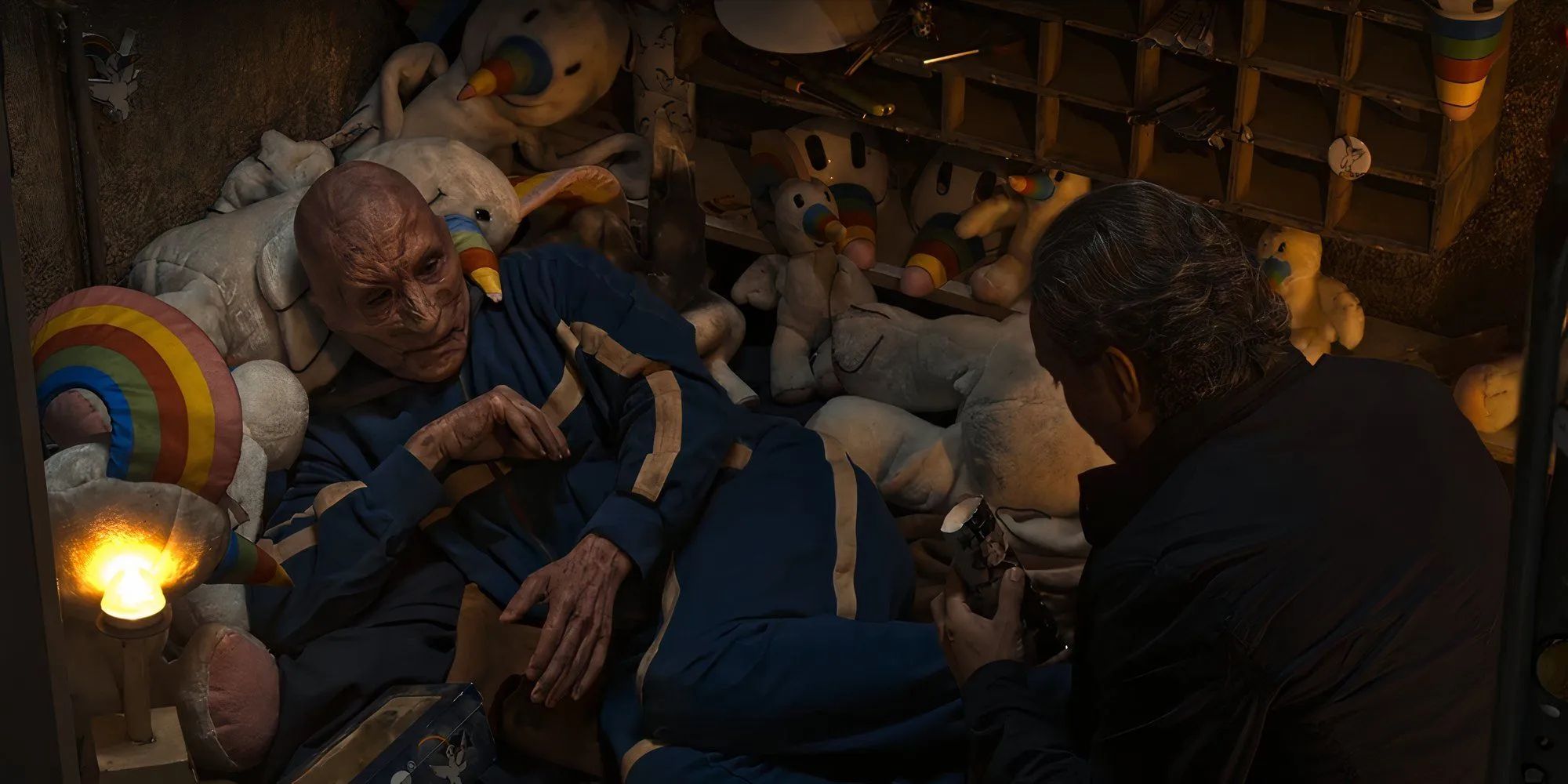
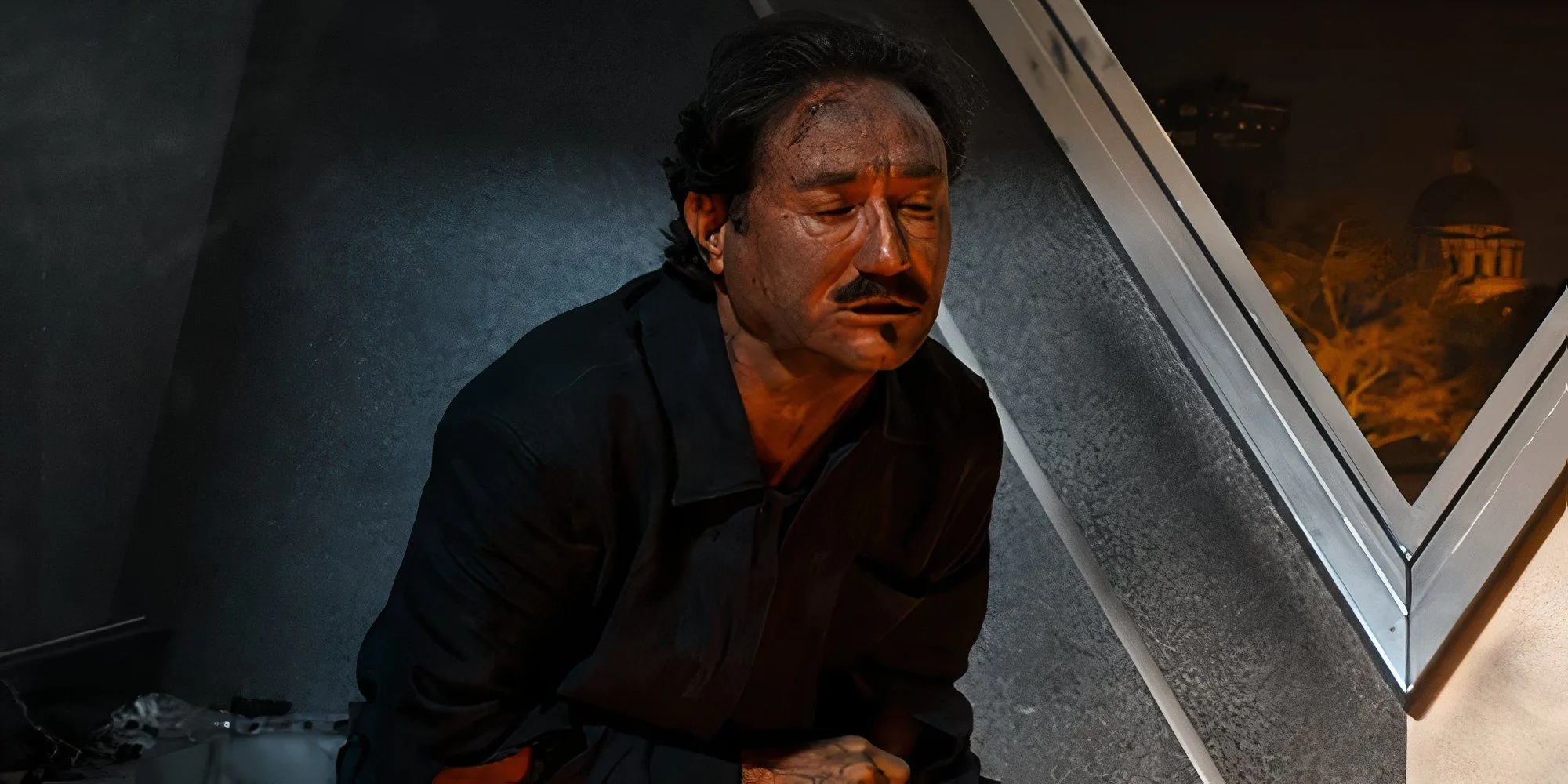
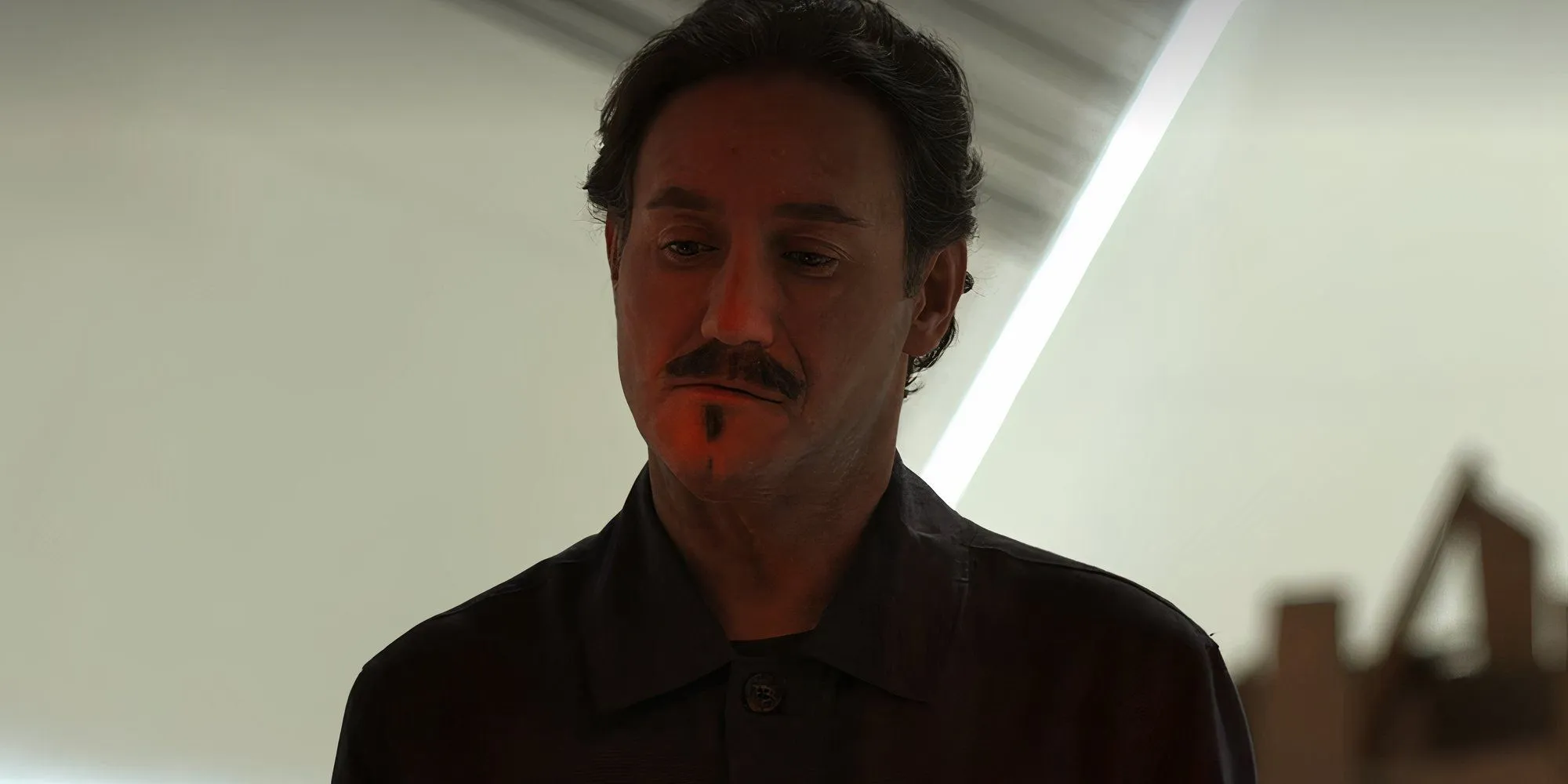
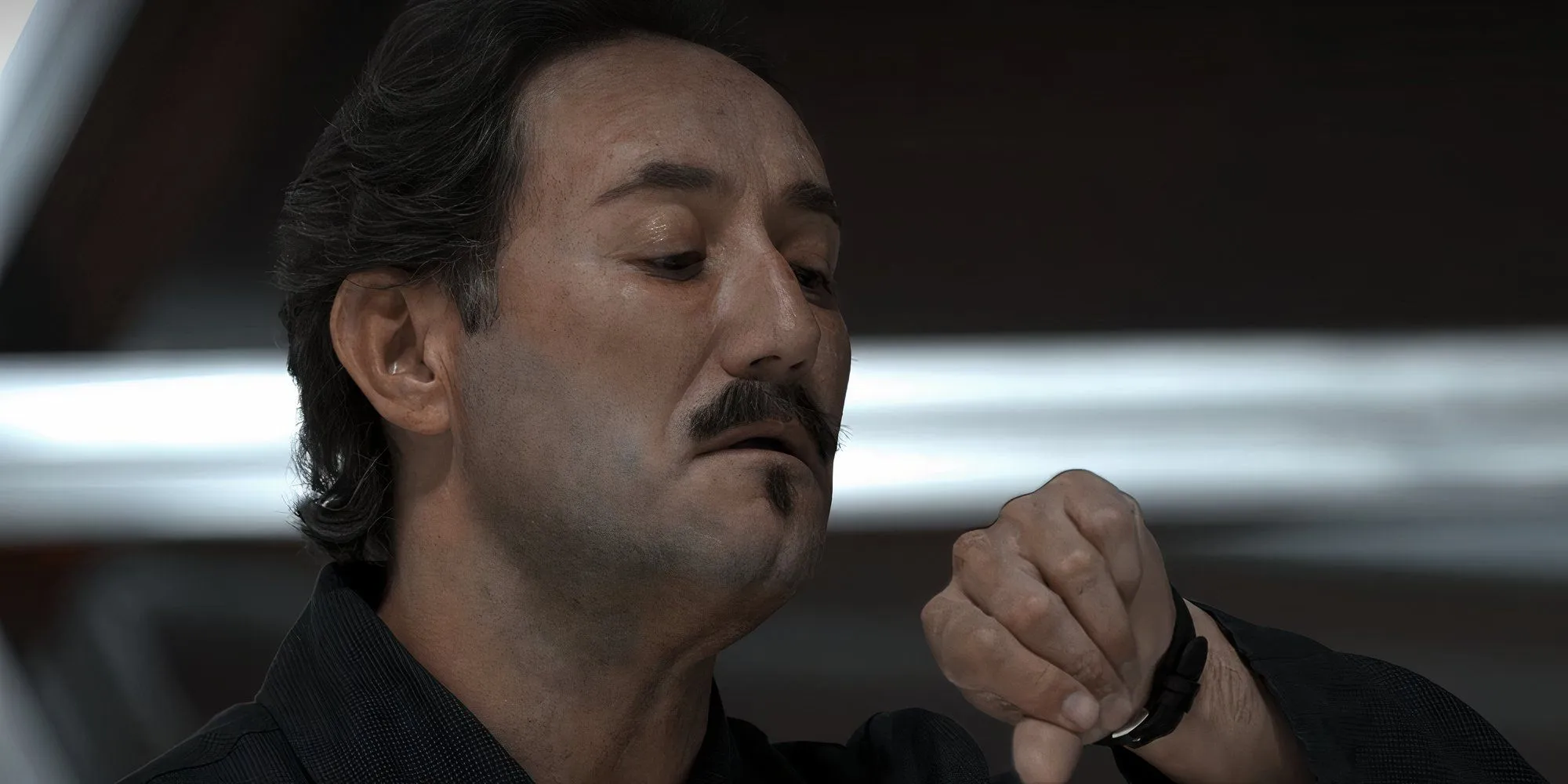
Both Dexter and Victor harbor their dark inclinations until they encounter pivotal figures in their respective journeys. Dexter’s moral compass is shaped by his adoptive father, Harry Morgan, while Victor’s path intertwines with Fernando Victoria, who holds a significant albeit obscure connection to his past. These mentors perceive the potential for violence within their protégés, yet rather than guiding them to heal, they encourage the utilization of these tendencies for a supposed “greater good.”
Harry Morgan provides Dexter with a strict moral code designed to funnel his lethal urges into acts against those who have evaded justice. Dexter is instructed to kill only other murderers, ensuring that his actions are justified and purposeful. In contrast, Victoria manipulates Victor into unearthing the identities of his mother’s killers, crafting a plan that leads him down a path of vengeance. Both figures play critical roles, albeit in morally ambiguous ways, influencing how Dexter and Victor navigate their dark urges.
The Ethical Divide: Harry Morgan vs. Victoria Fernando
Intentions Matter: A Moral Comparison
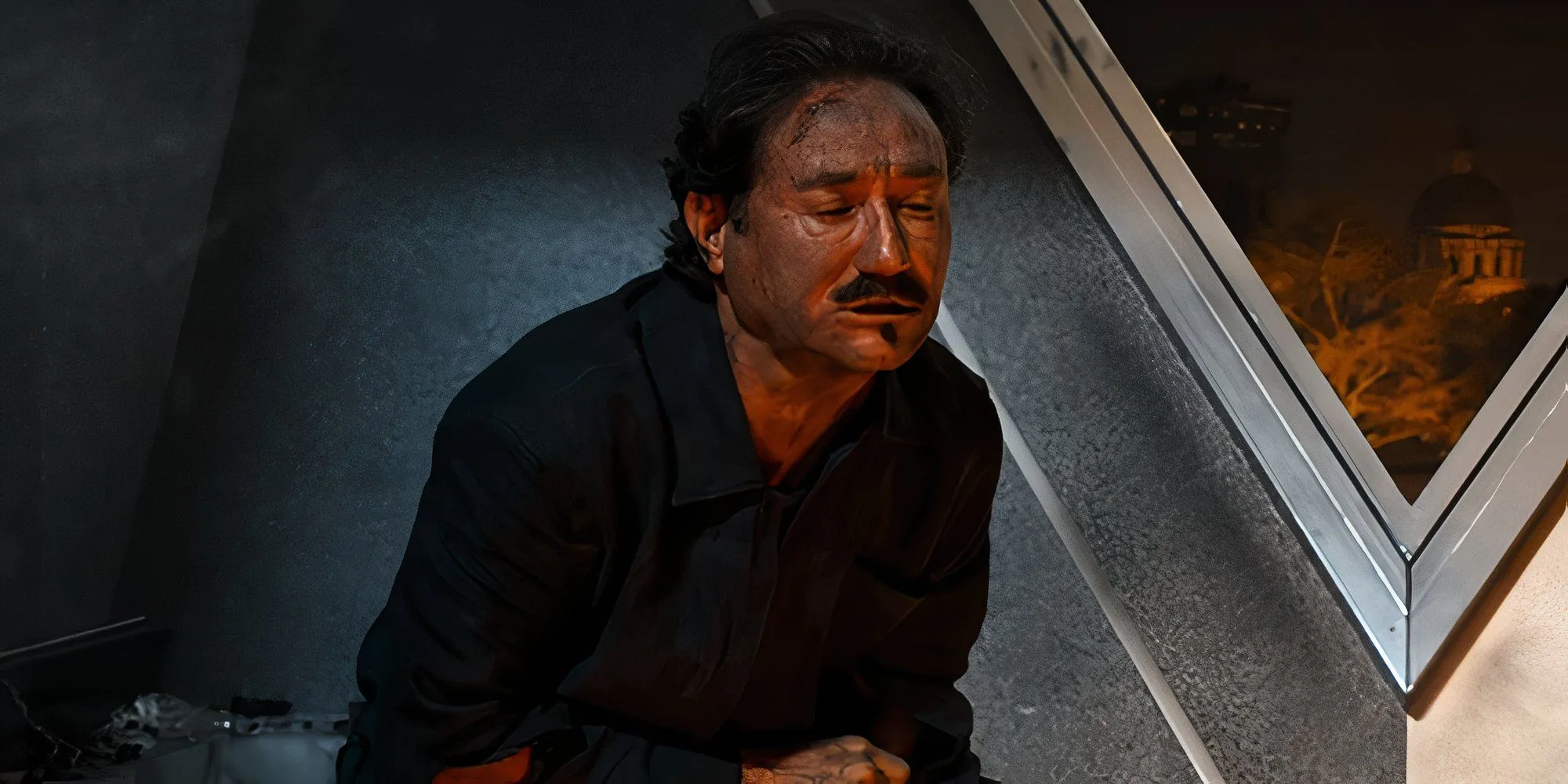
The debate surrounding Harry Morgan’s influence on Dexter’s moral decline continues among fans, with a consensus suggesting that his intentions were ultimately positive. Believing he was guiding Dexter to channel his murderous impulses into more socially beneficial actions, Harry operated with a moral compass that justified targeting violent offenders. Thus, his code for Dexter emerged from a place of genuine care and a desire to protect his son.
|
Key Facts about Dexter (2006-2013) |
|
|
Developed By |
James Manos Jr. |
|
Rotten Tomatoes Critics’ Score |
71% |
|
Rotten Tomatoes Audience Score |
81% |
|
Number of Seasons |
8 |
In stark contrast, 1992’s Victoria Fernando does not strive for Victor’s betterment; rather, he perceives Victor as a tool for financial gain. Helping him identify the men behind his mother’s murder, Victoria conveniently withholds his own involvement, thus manipulating Victor into a killing spree aimed at the powerful figures associated with that crime. As Victor pursues vengeance, Victoria orchestrates events from the shadows, highlighting his insidious nature as he extorts money from Victor’s victims, showcasing a stark moral divergence from Harry Morgan.
A Coincidental Release: Timing with Dexter’s Prequel
A Reminder to Rediscover Dexter’s Legacy



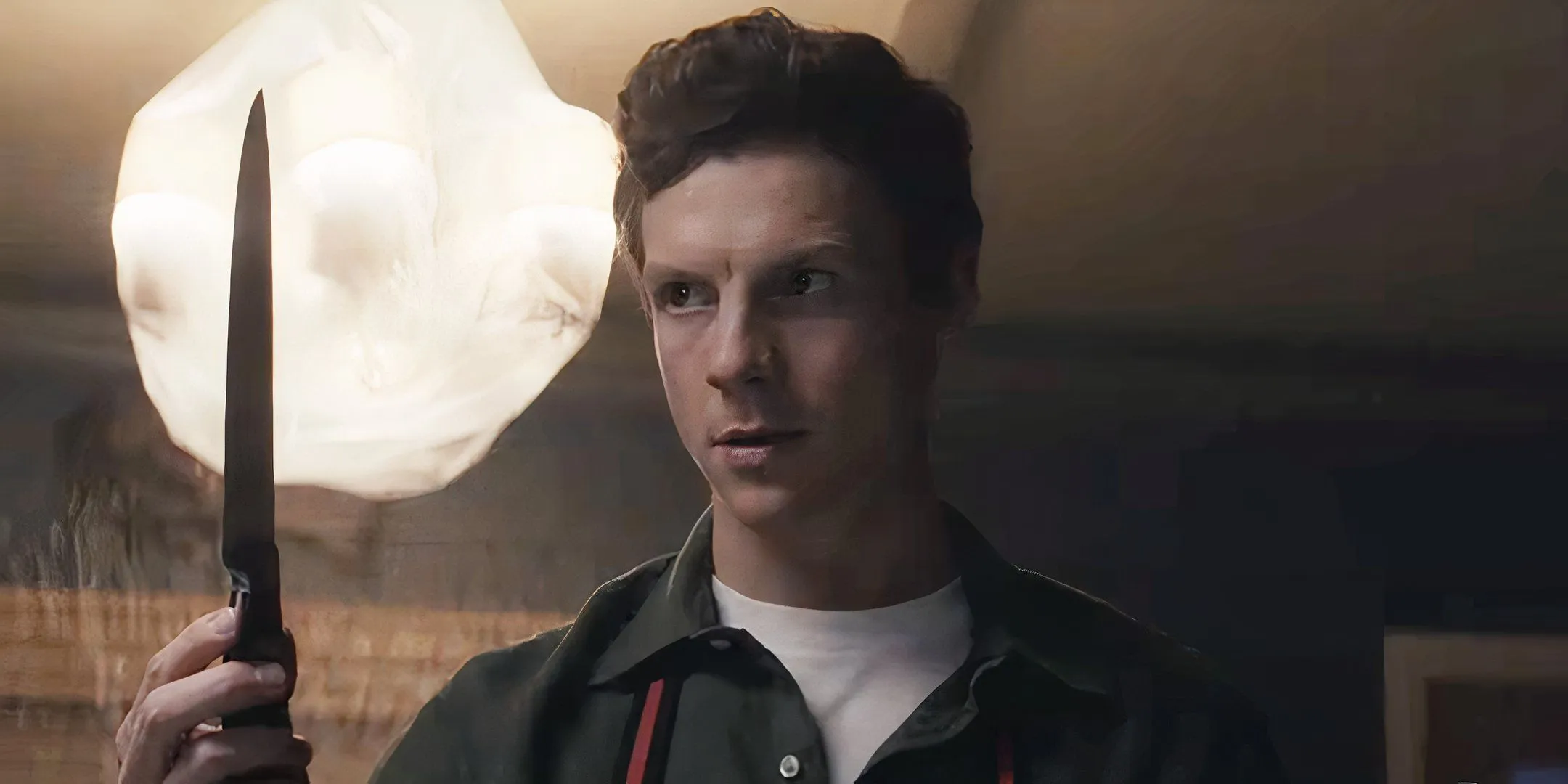
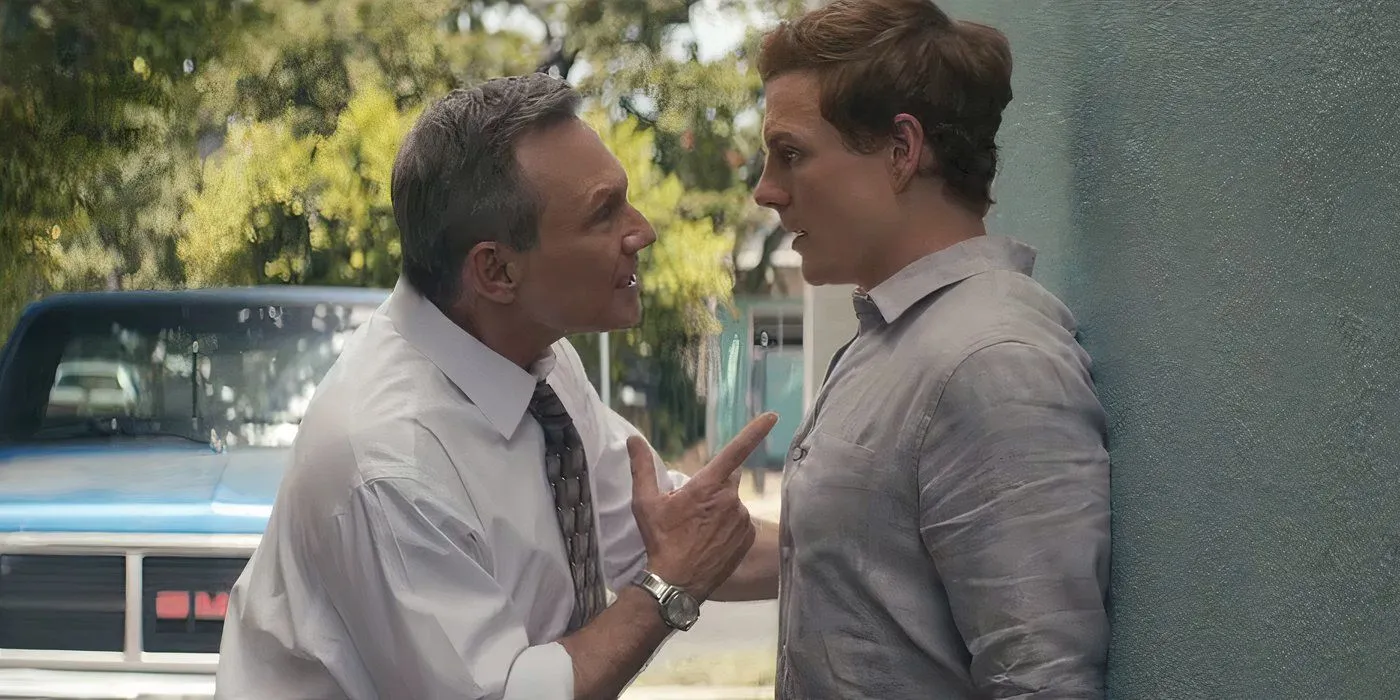
Despite the intriguing parallels between 1992 and Dexter, it would be a stretch to label this series as a true substitute for the iconic show. While 1992 introduces a morally gray character reminiscent of Dexter Morgan, it ultimately falls short of establishing a unique identity within the crowded crime thriller landscape. Notably, the release of 1992 coincided with the debut of Dexter’s new prequel, Original Sin, serving as a timely reminder for fans to dive back into Dexter’s world.
This juxtaposition invites viewers to either indulge in Dexter: Original Sin or revisit the original series that set the tone for psychological thrillers. As the potential of the prequel unfolds, it remains to be seen if it can capture the acclaim enjoyed by the early seasons of Dexter. Curious audiences may find 1992 worth exploring; although it may not break new ground, it captivates with its gripping mysteries and relatable characters, ensuring viewers remain engaged throughout.




Leave a Reply